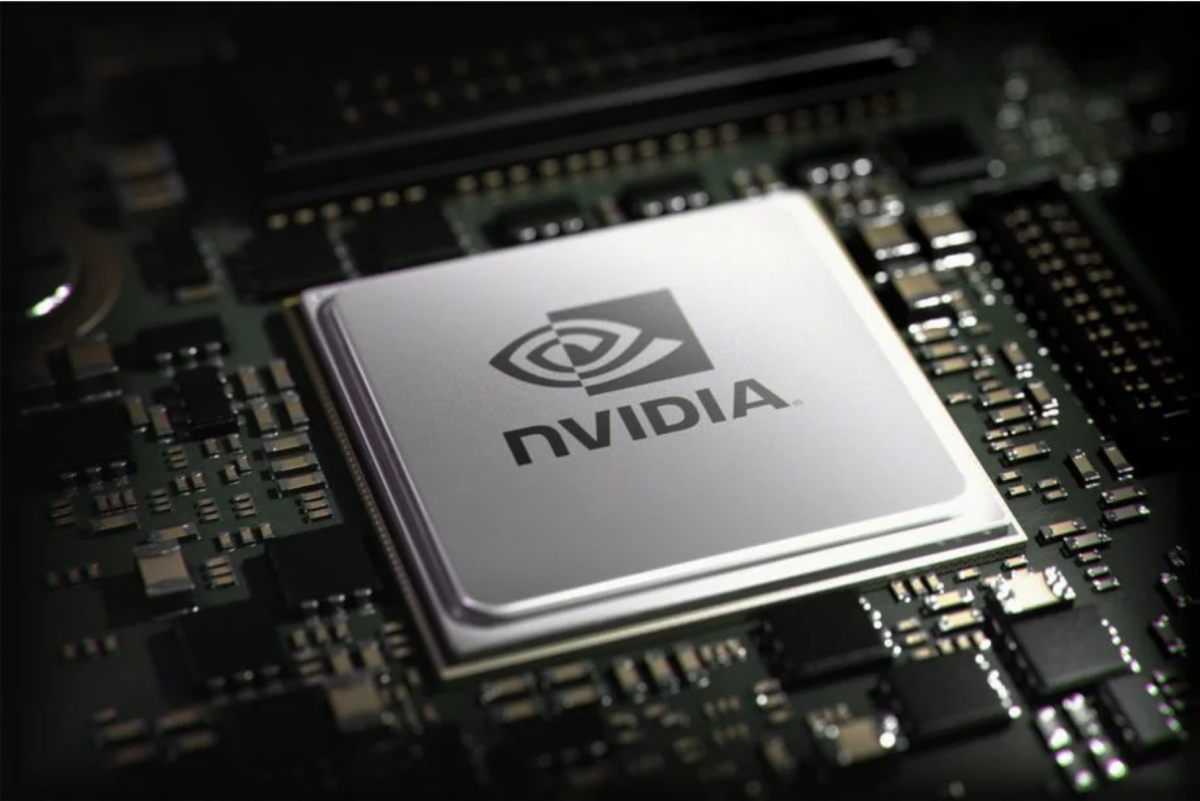Nvidia Corp. disclosed record-breaking profits fueled by the artificial intelligence trend in its second-quarter earnings report on Aug. 23.
Nvidia’s second-quarter earnings reports showcase an 88% increase in revenue amounting to $13.51 billion, net income up 203% at $6.1 billion and data center revenue up 141% from the previous quarter. Nvidia forecasted revenue to be $16 billion by the third quarter, topping analysts’ already high expectations.
“A new computing era has begun,” Jensen Huang, founder and CEO of Nvidia said in the earnings call. “Companies worldwide are transitioning from general-purpose to accelerated computing and generative AI. Leading enterprise IT systems and software providers announced partnerships to bring Nvidia AI to every industry. The race is on to adopt generative AI.”
Nvidia’s highly anticipated earnings were critical for the technology sector in showing the demand for AI.
“The entire tech sector and overall market were waiting for Nvidia with this being the purest and best barometer for AI demand,” analysts at Wedbush Securities Inc. said in a note reported by CBS News. “The results/guidance were a ‘drop the mic’ moment in our opinion that will have a ripple impact for the tech space for the rest of the year.”
Despite overly impressive results, Nvidia acknowledged a supply and demand issue for its AI chips. Demand exceeded supply by 50%, and potential export restrictions to China could become a hindrance to accessing new markets.
Huang reassured investors that supply will “substantially increase for the rest of the year and next year,” but investors were concerned about sustaining demand.
“For the time being, demand seems unbounded,” Susquehanna International Group analysts wrote in a note reported by The Wall Street Journal. “However, we worry about double ordering and rationalization into 2024.”
China is one of Nvidia’s largest consumers. However, government regulations on exports of AI to China could be a permanent loss of opportunity for the company.
“Given the strength of demand for our products worldwide, we do not anticipate that additional export restrictions on our data centers GPUs, if adopted, would have an immediate material impact on our financial results,” Nvidia’s executive vice president and chief financial officer Colette Kress said in the post-earnings call. “However, over the long term, restrictions prohibiting the sale of our data center GPUs to China, if implemented, will result in a permanent loss of an opportunity for the U.S.”
Conditionally, Nvidia announced a 2.1% buyback of its stock for $25 billion within the earnings report and stated it plans to “continue share repurchases this fiscal year,” causing the stock to rally to a record high of $502.66 per share during the intraday session Aug. 24.
Companies typically repurchase their stock to return cash to shareholders by decreasing the supply of shares, leading to increased demand for shares and higher share prices.
Typically, when companies perform poorly, they repurchase their stock to maintain investor confidence and avoid mass selling. However, Nvidia is performing extraordinarily well, causing confusion among investors over the buyback.
“It’s a little bit of a head-scratcher,” King Lip, chief strategist at BakerAvenue Wealth Management, told Reuters. “As a shareholder, we like to see stock buybacks, but for a company like Nvidia that is growing so fast, you kind of want to see their earnings being plowed back into the company.”
Daniel Morgan, a senior portfolio manager at Synovus Trust, also concluded that this could be Nvidia’s management “believing that their stock is undervalued.”
“So right now, they’re sitting pretty,” Dan Howley, technology editor at Yahoo! Finance, said. “I mean, you can’t look at them and say there’s no problems. I’m sure that eventually supply will be an issue, but at this point, they’re saying, ‘look, up to 2024, we’re pretty damn set.’”








